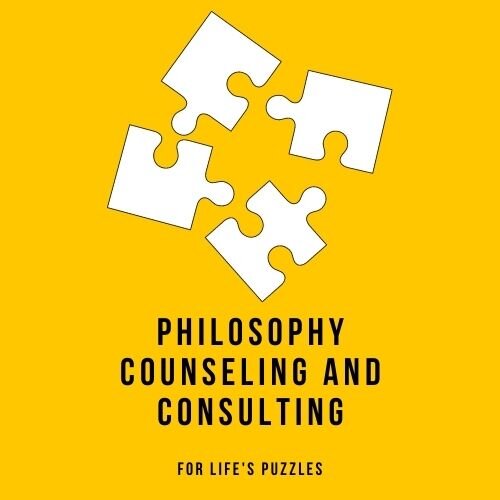Dialogue Facilitation Course for Educators
Session 1: Introduction
What is dialogue, what kinds of puzzles arise during dialogue, and what facilitation tools do facilitators use to diagnose and solve these puzzles? In week one, we’ll begin our investigation of these three questions.
Session 2: Care and Concentration
In this session, we will explore the following questions through role-playing, dialogue, and handouts: How can I create an inclusive classroom community in which everyone feels supported and cared for while, at the same time, concentrating the community’s focus on one, and only one, task at a time? When do these goals support one another and what should I do when they pull in opposite directions?
Session 3: Creative and Critical Thinking
How can I create a classroom where students use creative thinking to come up with new ideas and bring new perspectives to bear on questions, and how can I ensure that students use critical thinking to improve and critique ideas? When are these goals mutually supportive and when do they pull apart? In this interactive session, we will explore these questions and more.
Session 4: Improving Empathy
We all strive to be empathetic, but understanding everything that is communicated within a classroom is easier said than done. In this session we’ll explore five different kinds of information that we should attend to in our classrooms: our gestures, the ways we use language, the contents of our minds, our interests, and what we love.
Session 5: Conflict
We are all individuals with unique inner worlds. When these inner worlds don’t mesh well with one another into a coherent picture, the result is conflict. Conflict can sometimes be a productive way of working through differences in order to create a more integrated community, but it can also be a destructive force that prevents any meaningful work from taking place. In this session, we will explore the origins of conflict and tools for navigating it in healthy ways within classrooms.
Session 6: Dialogue Diagrams
When you are facilitating a dialogue, it is important to keep track of what has happened: the arguments, counterarguments, examples, and values that emerged. In this session, you will learn practical tools for diagramming your dialogue while facilitating.
Session 7: Facilitating Sensitive Topics
Dialogue facilitating is challenging enough when talking about mundane topics. But what special precautions should you take when the discussion turns to race, sex, violence, or other highly-charged, controversial issues about which there is significant disagreement? In this session, you’ll find out.
Session 8: Dialogue Outside the Classroom
The lessons you have learned over the past seven weeks have been geared towards facilitating in the classroom. In this final session, we’ll explore how to apply these lessons in other settings and how to transform your larger educational community into a place of caring, critical, creative, and concentrated thinking.
Cost:
Standard Rate: $800 Per Person* (class capped at 10 people)
Group Rate for Organizations: $6,000 Group Rate (up to 10 people)
